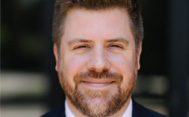
Corporate and Transactional Law: News Releases and In the News


Jennings: Senate candidate's stock shorting financially smart, politically risky
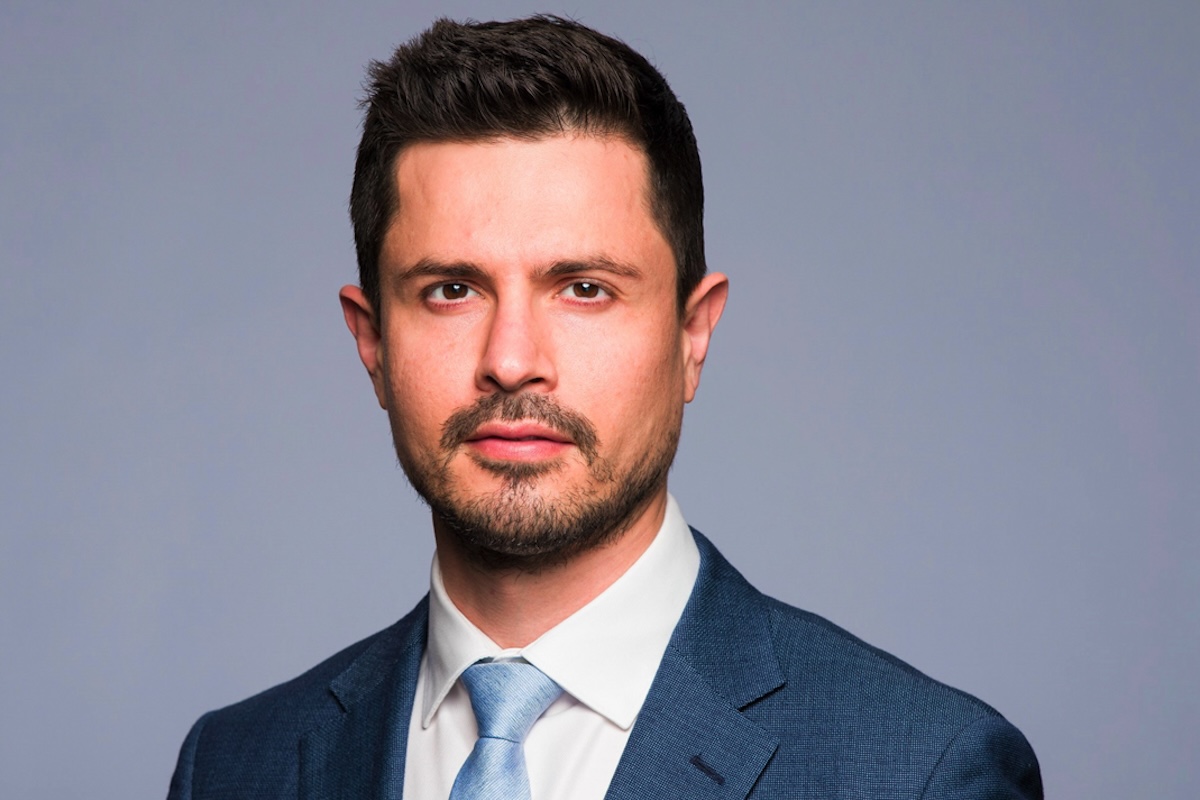
Georgiev appointed to SEC Investor Advisory Committee

Jennings' new app provides free SEC Edgar alerts

Jennings: The taint of corporate criminal conviction

Jennings: SCOTUS ruling on SEC in-house judges could lead to stepped-up state enforcement
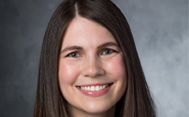
Simon: SCOTUS bankruptcy ruling won’t eliminate Texas two-step in mass torts
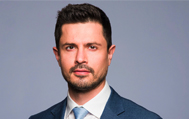
Georgiev: Workplace issues are becoming a board-level concern
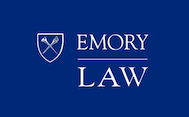
Georgiev testifies before Senate Climate Change Task Force

Georgiev comments on Exxon shareholders' climate protest

Georgiev: Shift to carbon neutral economy akin to industrial revolution

Simon comments on unusual SCOTUS stay in Boy Scouts bankruptcy settlement

Jennings: Delaware Court ruling could affect Musk's control of Tesla

Georgiev: 1st Amendment claims in California climate suit 'speculative'

Georgiev: SEC climate rule would benefit investors, markets

Georgiev: No court has invalidated an SEC rule for exceeding disclosure authority

Georgiev testifies at US House committee in support of SEC climate disclosure rule

Georgiev: All federal agencies, not just EPA and NOAA, have to make allowances for climate change

Georgiev: Due to existing laws, compliance with SEC’s climate disclosure will have few additional costs

Georgiev testifies in House clash over SEC climate rule

Georgiev: Proposed SEC climate disclosure rule will better inform investors

Watch video of Georgiev's testimony at House Committee hearing

Georgiev rebuts GOP stance that SEC climate rule exceeds agency authority

Georgiev: SEC haș authority to implement climate disclosure rule
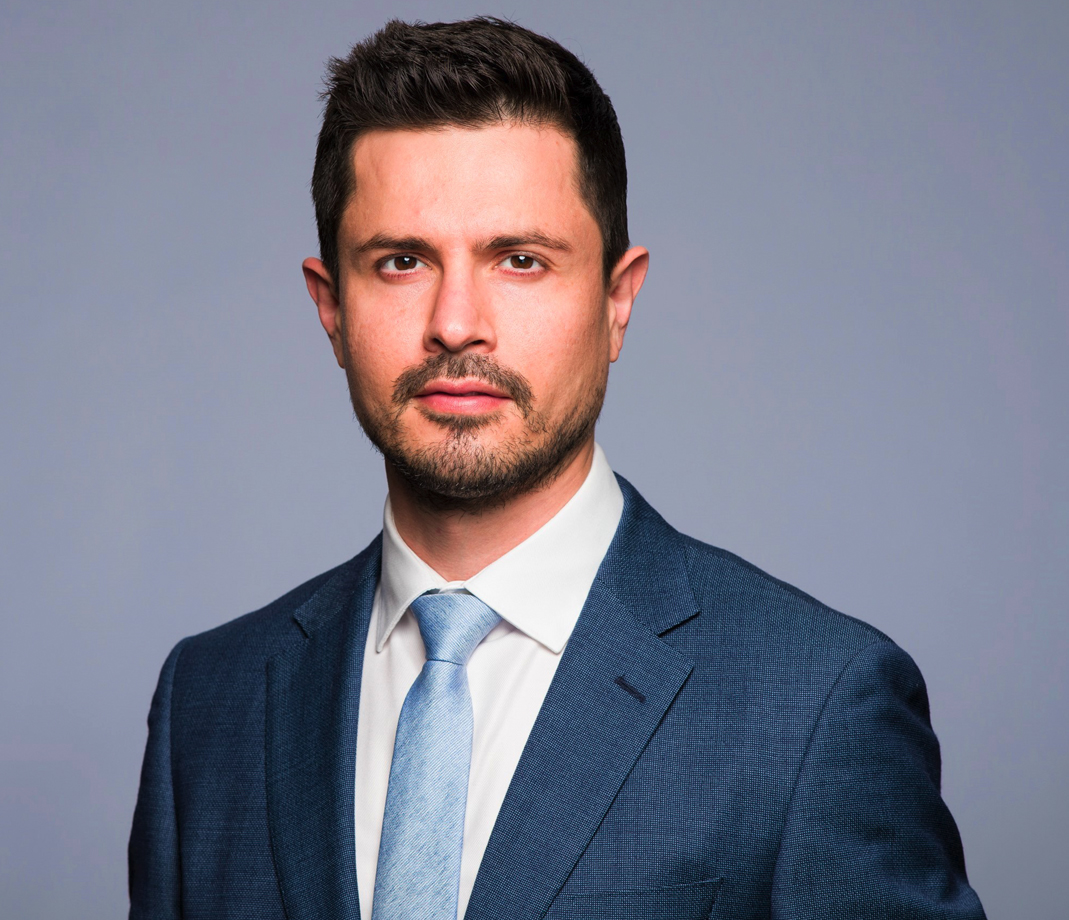
Ford Foundation funds Georgiev’s ongoing research on workforce issues in corporate law
Emory Law Associate Professor George S. Georgiev is among a select group of researchers who recently received funding from the Ford Foundation, as part of a far-reaching project on how some of the biggest companies in the United States manage and compensate their employees.
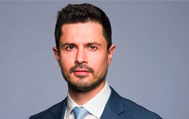
SEC commissioner cites Georgiev research on public-private markets

Georgiev on Tesla's shareholder lawsuit trial regarding Musk's compensation package

Georgiev: Regulators should finally require some transparency of large private firms

Georgiev discusses research in human capital management in US corporate law

Green group cites Georgiev’s support of proposed SEC climate disclosure rule

Georgiev: Recent Supreme Court decision has little effect on SEC climate disclosure proposal

Georgiev in The Guardian: SEC climate disclosure rule is central to capital markets

Georgiev: SEC climate proposal doesn't implicate major questions doctrine

Georgiev: Proposed SEC climate rule doesn't violate 1st Amendment

Georgiev’s research on materiality discussed at SEC Investor Advisory Committee Meeting

Georgiev's research featured on Harvard Law School Forum on Corporate Governance

Georgiev on the Voices of Corporate Governance podcast

Georgiev on the public-private divide

Georgiev: SEC's proposed climate disclosure has social, financial relevance

Georgiev's research cited in SEC commissioner's speech

Georgiev critiques critics of SEC's climate disclosure proposal

Georgiev on the SEC's proposed climate disclosure rule, materiality

Georgiev discusses public-private divide in securities law

Georgiev: SEC may follow Europe, require more disclosures from private companies
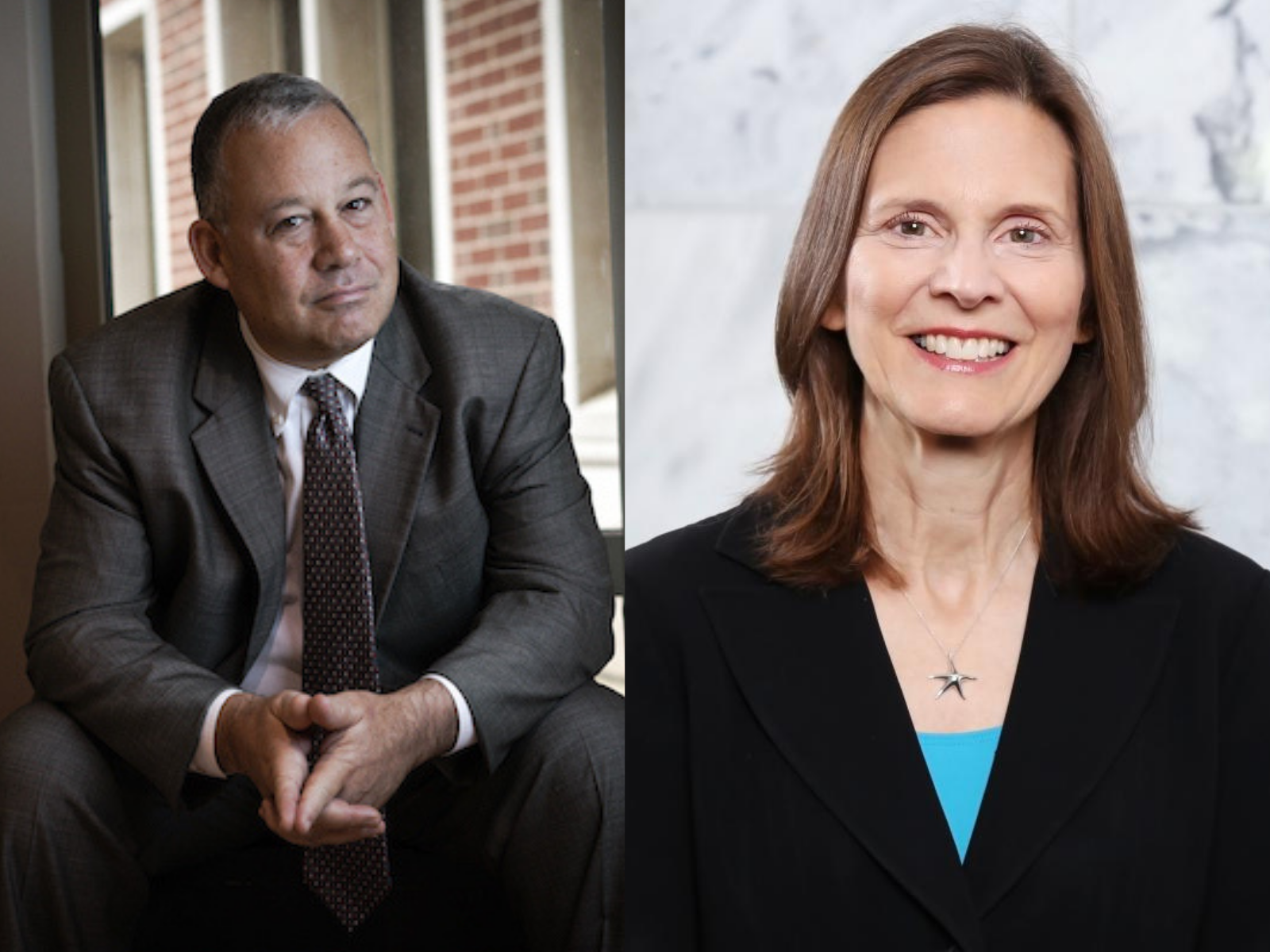
Center for Transactional Law and Practice names 2021 Tina Stark Award winners
Emory’s Center for Transactional Law and Practice has named George W. Kuney and Carol Morgan the 2021 winners of the Tina L. Stark Award for Excellence in the Teaching of Transactional Law and Skills.

Georgiev: The Human Capital Management Movement in U.S. Corporate Law

Emory Law ranked 29 among all ABA-accredited law schools
Today, the US News and World Report’s 2022 ranking of "America’s Best Graduate Schools" was released, showing Emory Law ranked 29 among ABA-accredited law schools. Specialty rankings demonstrate Emory’s unique strengths in business – corporate law (22), constitutional law (24), contracts – commercial law (22), and health care law (23).
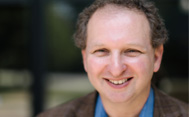
Volokh: Allow electric car industry to sell directly to consumers
Associate Professor Alexander Volokh testified before a Georgia House of Representatives subcommittee in a battle between traditional car manufacturers and dealerships, and the electric car industry, which tends to go directly to the consumer for sales. Volokh told the subcommittee that businesses should be allowed to find the best ways to sell their products. "It shouldn't be up to us to tell manufacturers the best way to reach their customers," he said.

Volokh: Enforcing antitrust laws against tech companies can be difficult
Congress is taking on the tech industry, in response to allegations that once scrappy startups have evolved into monopolies that disregard users' privacy in the pursuit of profit. However, getting courts to enforce antitrust laws can be difficult, some professors say. "If you go into court and you say, 'We ought to break up this company because it has a 100% market share,' but you can't show that they did anything reprehensible to gain that market share, then you're going to lose," Professor Alexander Volokh tells Salon.

Brown: Cares Act gave millions to energy companies with no strings attached
Congress' mammoth stimulus bill, the Cares Act, delivered a quick and happy benefit to some energy companies. For pipeline company Antero Midstream, it was a $55 million payment in the form of a tax refund. Congress could have required companies applying for tax breaks to show they needed the cash and to promise that they would not distribute it to shareholders or lay off employees, Professor Dorothy A. Brown tells the Washington Post. Instead, the tax breaks were too broad in their applicability, she said, and "you see corporations taking money and laying off employees."
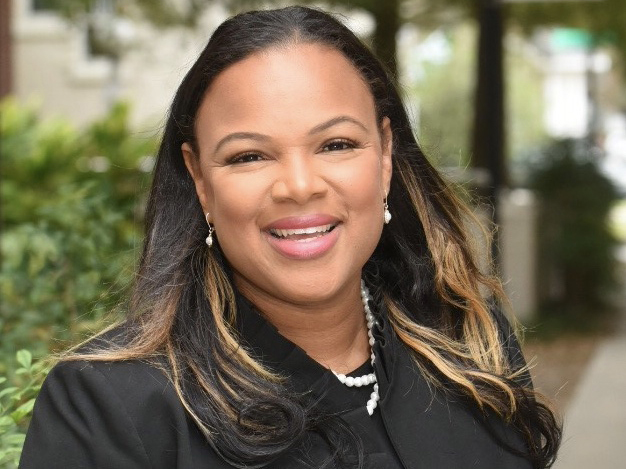
Kristin Johnson joins Emory Law faculty, expanding corporate law program
Emory University School of Law welcomes Kristin Johnson to the faculty beginning in January 2021. Johnson comes to Emory Law from Tulane University Law School where she is the McGlinchey Stafford Professor of Law, associate dean for faculty research, an affiliate of the Murphy Institute for Political Economy, and the Gordon Gamm Faculty Scholar.
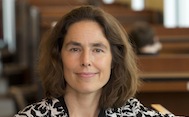
Vertinsky: FDA COVID-19 plasma decision may be political, rushed
Professor Liza Vertinsky joined two other law professors in an op-ed that criticizes the FDA's recent announcement that it would authorize emergency use of investigational convalescent plasma as a treatment for COVID-19. They question whether the decision reflected extreme political pressure and a departure from evidence-based standards.

Make corporations follow through on their anti-racism promises, Brown says
Corporate America has responded to nationwide protests following the killing of George Floyd with a wave of public statements condemning racism, or by contributing financially to support to Black Lives Matter. But there's an underlying assumption, Professor Dorothy Brown tells Marker, that failing to make promised changes around race gets a pass--unlike failing to make promised changes around revenue or profits. CEO payouts or bonuses could be tied to keeping those promises. "Some CEO needs to lose their job because they failed at this," Brown said. "Make CEO pay dependent upon Black employee lives mattering."

Corporations' public rush to support black movement 'performative,' Brown says
Mary of the companies now expressing solidarity with black businesses and anti-discrimination have contributed to systemic inequality through their products as well as their hiring and compensation practices, the New York Times reports. "Most of these corporate statements were put together by the marketing team that was trying not to offend white customers and white employees," said Professor Dorothy A. Brown. "It’s complete B.S. It’s performative."
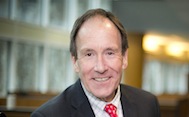
Richard Freer: Insights on Bar Review and Civil Procedure
Professor Richard Freer discusses his career and passion for helping students reach their potential.
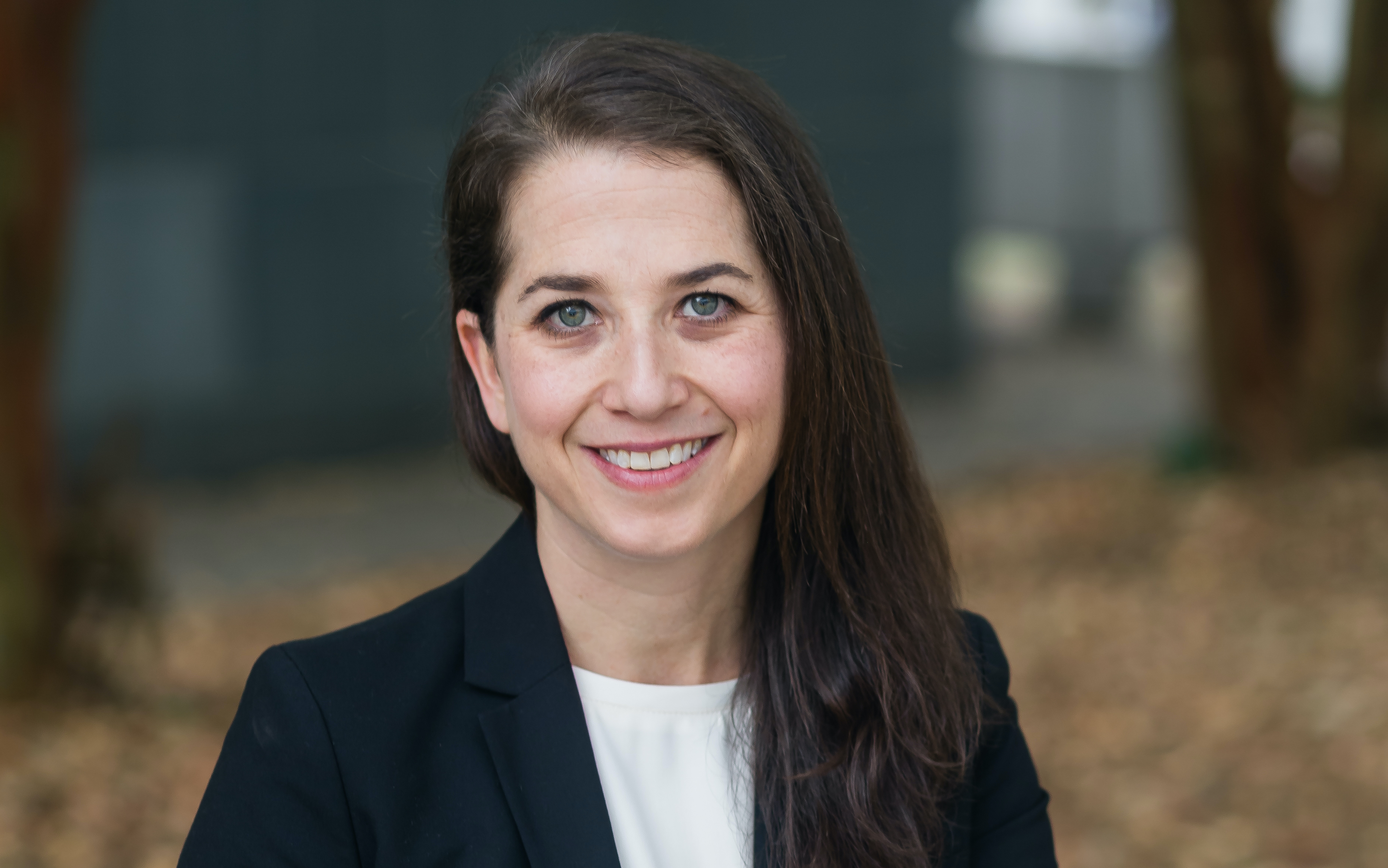
Small farmers who supply urban markets struggling, Goldstein says
The farm-to-table movement, which provides restaurants with locally grown, high-quality produce generated $12 billion last year for small-scale producers including cheesemakers and vintners. But as restaurants have shuttered during the COVID-19 pandemic, small farms are in trouble. "I was getting calls as soon we went into lockdown," Mindy Goldstein, director of the Turner Environmental Law Center, told the New York Times. "The question is how do we get these folks any form of market."
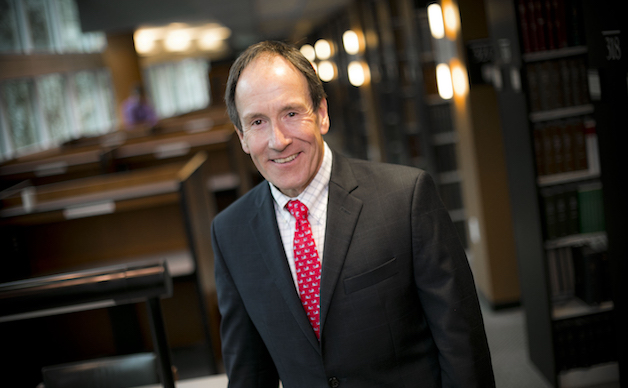
SCOTUS Analysis: Schein and New Prime
Not all Supreme Court arbitration decisions feature strident 5-4 splits of opinion. Such contentious cases, like Lamps Plus this year (see separate analysis), deal with requirements that claimants pursue their claims alone, rather than en masse. When it comes to arbitration procedure, however, the court generated unanimous opinions in New Prime Inc. v. Oliveira, 139 S. Ct. 532 (2019) and Henry Schein, Inc. v. Archer & White Sales, 139 S. Ct. 524 (2019).

Disney CEO salary fall-out highlights controversial Dodd-Frank pay ratio provision
Abigail Disney has called out the Walt Disney Co. for paying its CEO Bob Iger an "insane" $65.6 million, more than 1,424 times the median salary of a Disney employee. "A CEO-to-median pay ratio of 1,424 to 1 is certainly shocking--but such numbers are a shiny decoy," Assistant Professor George S. Georgiev writes for the Los Angeles Times. The op-ed discusses a controversial provision of the 2010 Dodd-Frank Act that requires publicly traded companies to report median employee pay and calculate the CEO pay ratio.

Georgiev in Financial Times: Revised settlement between SEC and Elon Musk 'more watertight'
Elon Musk has agreed to new social media restrictions in a deal with the Securities and Exchange Commission that provides clarity on what the Tesla chief can tweet without prior approval of a lawyer. "The new deal marks the SEC's second attempt at crafting communications rules to check Mr. Musk," who eschews the cautious social media approach employed by most CEOs, the Financial Times reports. The new terms are "much more watertight," Emory Law Assistant Professor George Georgiev said. "The original deal that they struck wasn't very workable."

Georgiev CEO pay-ratio research cited in 'Trusted Professional'
"The CEO pay ratio rule that was implemented as part of the Dodd-Frank Act mandates that companies disclose the ratio between CEO pay and median employee pay, and while the ostensible purpose was to shine light on compensation-related governance issues, two law professors have concluded that, given the vagueness of the rule's requirements, it serves as little more than 'click bait' to incite emotions," the article reads, citing the study co-authored by Emory Law Assistant Professor George S. Georgiev. "Trusted Professional" is the newspaper of the N.Y. State Society of CPAs.

CFO magazine covers Georgiev research on CEO pay ratio rule
"Opponents of the CEO pay ratio rule have a new ally: a comprehensive academic analysis that methodically constructs a case for the rule's worthlessness," CFO magazine says of a recent paper co-authored by Emory Law Assistant Professor George S. Georgiev. The paper, the first academic analysis of the pay ratio rule following the first round of reporting, has a chance of influencing changes to the rule, Georgiev said. "I think our proposal is fairly reasonable, so that's what we're hoping for," he says. "You can't stop journalists from looking for a headline, but you can put the numbers in context."

Bloomberg cites Georgiev on CEO pay ratio: 'Disclosure as Soundbite'
Research by Emory Law Assistant Professor George S. Georgiev was featured in a Bloomberg opinion article on alternative data and the relevance of a new SEC disclosure requirement: CEO pay ratios, or the difference between the CEO's pay and its median employee. Columnist Matt Levine quotes Georgiev's co-authored article: "We suggest that the pay ratio disclosure rule represents a unique approach to disclosure, which we term disclosure-as-soundbite. This approach is characterized by (1) high public salience--the pay ratio is superficially intuitive and resonates with the public to an extent much greater than other disclosure, and (2) low informational integrity--the pay ratio is a relative outlier in terms of certain baseline characteristics of disclosure, meaning that the information is lacking in accuracy, difficult to interpret, and incomplete."

Georgiev: Firms like Google are "too big to disclose"
Emory Law professor George Georgiev's research was quoted Bloomberg Opinion in regards to Google failing to disclose that Google+ exposed their users' private profile data. "Since the threshold for what is material increases as firms get bigger, however, at the very largest firms even matters that are significant or sizeable in absolute terms may be deemed immaterial and remain undisclosed," he said.

Bloomberg: Georgiev's research shows how big companies keep secrets
How much money does YouTube make? It is a secret: Alphabet Inc., which owns YouTube, does not break out revenue for it separately, Bloomberg reports. The story cites Emory Law Professor George S. Georgiev's article "Too Big to Disclose: Firm Size and Materiality Blindspots in Securities Regulation," which shows how large firms legally take advantage of the materiality standard to avoid disclosure of important matters.

Georgiev comments on plunge in Chinese purchases of U.S. companies
Chinese acquisitions of U.S. companies dropped 56 percent in volume to $44.5 billion, dragged down by concerns about U.S. national-security deal reviews and shifts in China's foreign investment policies, Bloomberg reports. Emory Law Professor George Georgiev mentioned the impact of the Committee on Foreign Investment in the United States, or CFIUS, which evaluates deals that may have national security concerns. "I think CFIUS has always been a wild card," Georgiev said. "When you don't have regulatory certainty, it creates problems."

Georgiev: Securities laws are speed bumps that prevent Uber-sized wrecks
Uber's recent troubles and ouster of its CEO is not unusual for a Silicon Valley startup. But Uber is no ordinary private start-up. "For Uber to reform itself, the private company needs to behave like a public one." Emory Law Professor George S. Georgiev writes for The Hill.

Volokh in the LA Times: California pension ruling probably won't stand
Decades of court decisions created the "California Rule," which guarantees government workers the pension that was in place on the day they were hired. But a California appeals court declared in August that public retirement plans were not "immutable" and could be reduced. Emory Law Associate Professor Alexander Volokh called the decision "a big change from what the doctrine has been so far" and expressed doubt that it would be upheld, in a Los Angeles Times story about the case.

Georgiev in Bloomberg: Board oversight more valuable than clawbacks
Clawback policies have become the norm in the U.S., especially at larger companies. Wells Fargo's policy is triggered by financial restatements. The policy allows the bank to recover unvested stock awards where misconduct "might reasonably be expected to" cause "reputational or other harm." Emory Law Assistant Professor George S. Georgiev noted Wells Fargo only acted to enforce its clawback policy after public reaction to the issue became too loud to ignore. "I would favor more oversight by boards over additional complexity in compensation practices," he said. Additional complexity only makes it easier, and creates multiple opportunities, for executives to game the system, he said.

Georgiev in NY Times: How clawbacks, materiality affect Wells Fargo
Wells Fargo says it will recover $60 million in stock grants from two top executives in the wake of the phony account-opening scandal. It fired 5,300 employees for opening bogus accounts, returned $2.6 million in improper customer fees and paid a $185 million fine. Those figures pale, though, compared with Wells Fargo's $1.9 trillion in assets and $23 billion in earnings last year. "Even though the fraud was on a massive scale, at the same time, the impact on the bottom line was fairly minimal," said Emory Law Assistant Professor George S. Georgiev. "Often in these borderline cases, you can tell yourself a story as to why something is material or not depending on what you want the outcome to be."

Volokh in the Chronicle: 'Safe spaces' on college campuses
Associate Professor Alexander Volokh is the incoming chair of Emory's Committee on Open Expression. He was quoted by the Chronicle of Higher Education in a story which examines the current debate both inside and outside academe on the concept of "safe space." (subscription required)

Decision to pull private prison contracts short-sighted, Volokh says
The Department of Justice's decision to wind down private-prison contracting was apparently based on those prisons' bad record of safety and security violations compared to public ones, Emory Law Associate Professor Alexander Volokh writes. "It turns out, though, that the DOJ's understanding of private prisons' record is informed by a serious over-reading of faulty comparative studies, in particular a recent study by the Office of the Inspector General."

Volokh talks with BBC on feds ending private prison contracts
Emory Law Associate Professor Alexander Volokh was quoted by the BBC on the Obama administration's decision to phase out contracts with private, for-profit prisons that house federal inmates. It was based on findings that they don't provide substantial savings or maintain the same levels of security and safety found in public facilities. Volokh says private prisons could perform better if they followed models such as the United Kingdom's that make payment contingent on performance. Story starts at 1:02.
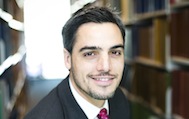
Pardo in WSJ: ReInterpreting 'undue' hardship may provide student loan relief
Student loan borrowers who want to discharge loans need to convince a bankruptcy judge that repaying the loans would cause them to face "undue hardship." Judges can interpret "undue" to mean either "excessive" or "unjust." Interpreting undue to mean excessive raises a much simpler question, Katy Stech writes in the Wall Street Journal. "How would the borrower be affected if told to fully repay the loans? Would that burden be too much?" "The more it becomes an economic calculus, it should be easier" for borrowers to prove, says Emory Law Professor Rafael Pardo.
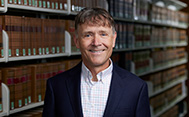
Shepherd to testify on Chevron before House subcommittee
Emory Law Professor George Shepherd has been invited to testify before a House of Representatives subcommittee, on the issue of how the U.S. Supreme Court's ruling in Chevron U.S.A., Inc. v. Natural Resources Defense Council affects the leeway agencies have to interpret laws passed by Congress since. "Since the Supreme Court's ruling in Chevron, there has been increasing confusion in the courts, Congress, the legal bar, and legal academia on the issues of whether, when and how courts should defer to federal agencies' interpretations of the statutes they administer," according to a committee release. The hearing is before the House Judiciary Committee Subcommittee on Regulatory Reform, Commercial and Antitrust Law. Visit https://judiciary.house.gov/ for a live webcast of the hearing at 1:30 p.m. March 15.

Volokh on WDET: How the end of Aramark's contract affects Michigan prisons
Associate Professor Sasha Volokh talked with WDET's Stephen Henderson about private prison services, specifically about the abrupt end of Michigan's contract with the private food service company Aramark, and the differences between public and private prison services.

Volokh files amicus brief as Amtrak case heads back to D.C. Circuit
On July 6, Professor Alexander Volokh filed an amicus brief in DOT v. Ass'n of American Railroads. His primary arguments are: Congress' delegation of authority to Amtrak to develop metrics and standards violates the Due Process Clause; and the appointment of a private arbitrator does not violate any per se rule against delegations of authority to private parties.

Volokh: Supreme Court agrees with the FTC, finds N.C. Board violated antitrust law
In the antitrust case, N.C. Board of Dental Examiners v. FTC, the Board aggressively went after non-dentist teeth whiteners, sending them numerous cease-and-desist letters claiming that they were engaged in the unauthorized practice of dentistry, Associate Professor Alexander Volokh writes in the Washington Post for the Volokh Conspiracy. "Does this violate antitrust law? The Federal Trade Commission said yes." The U.S. Supreme Court agreed 6-3.

Freer: Request for internal GM documents violates "sacrosanct" attorney-client privilege
Plaintiffs suing General Motors claiming the carmaker covered up evidence of a faulty ignition switch they blame for their daughter's death want GM's lawyers at King & Spalding to hand over confidential internal notes and memos about the case. King & Spalding will fight back, says Emory Law professor Richard Freer. "The attorney-client privilege is sacrosanct," he said. If a judge--as a representative of the government--were to grant the motion to compel King & Spalding to produce its communication with its client or among its lawyers, the action could have far-reaching effects not only on the legal world but on privacy in general, Freer said.

Pardo in Bloomberg: Corinthian College sale is fox-in-the-henhouse deal
The Educational Credit Management Corp. is buying 56 of Corinthian Colleges' campuses for $24 million. The nonprofit's primary business is as a guarantor of student loans. "This is like the government giving the fox unfettered access to the hen house, which in this case is the students," says Emory Law Professor Rafael Pardo. "The perceived conflict of interest really casts a pall on this whole transaction."

Supreme Court case on dentist-only teeth whitening calls for antitrust law, Volokh says
The U.S. Supreme Court is set to hear arguments next month over dentists' ability to keep the business of teeth whitening to themselves. Is it reasonable for a government licensing agency to limit commercial teeth whitening to dentists as a matter of public health, or is it pure self-preservation on the part of dentists who sit on the licensing boards? "If antitrust law is justified anywhere, surely this is one of the most compelling cases," Emory Law Associate Professor Alexander Volokh tells the Daily Report. (Log-in required)

Volokh files amicus cert in DOT v. Association of American Railroads
Volokh files amicus cert in DOT v. Ass'n of American Railroads

Volokh, can we fix public pensions California rule
This is the fourth post in a series on the ¿California rule¿ and constitutional protection of public-sector employee pensions.

Volokh: proposed medical malpractice reform won't violate constitution
A former state attorney general says a bill to replace Georgia's medical malpractice tort system with a workers' compensation-like board is constitutional.

"How the West denied China's law," Ruskola in Asia Times
Why is the US seen as the law-enforcer-in-chief while China as the law-breaker?

Volokh in USA Today: The 1 percent of cases that clear Supreme Court hurdle
About 2,000 plaintiffs hope to get picked Sept. 30 when the Supreme Court meets privately for its first conference of the 2013 term. Less than 1% of them are likely to be rewarded.

Pardo in the WSJ: When it's time to change financial advisers
When your financial adviser becomes either inattentive or nonresponsive to your requests, particularly those relating to information and explanation, an alarm bell should immediately go off in your mind.

Asia Society interviews Ruskola on new book, "Legal Orientalism"
How did lawlessness become an axiom about Chineseness rather than a fact needing to be verified empirically, and how did the United States assume the mantle of law's universal appeal?

View your home as cost, not investment, Pardo tells Wall Street Journal
Life will be much less stressful if you think of your home primarily as a consumption cost rather than as an investment.

Pardo in WSJ: Self-Educated Investors Should Know Both Strategy and Tactics
If you plan to go it alone as an investor, without the guidance of a professional, it is crucial to educate yourself.

Pardo in WSJ: Testamentary trusts may inspire work ethic
Individuals, for the most part, fall into one of two categories regarding their attitudes toward work: Either they live to work, or they work to live. If your heir falls squarely in the former category, a dramatic change in wealth is not likely to affect his or her motivation to work.

Freer: Meningitis victims should consider defendants beyond pharmacy
Dozens have sued the New England Compounding Center linked to the deadly fungal meningitis outbreak. Meningitis victims consider suing pharmacy over tainted shots. Professor Richard Freer says the compounder may not have many assets, so patients may consider other defendants.